| If you don’t have enough food in the first 1,000 days of your life, your brain may never reach its full potential. Our correspondent discusses what better nutrition (https://www.economist.com/leaders/2024/07/11/how-to-raise-the-worlds-iq?utm_campaign=a.io&utm_medium=audio.podcast.np&utm_source=theintelligence&utm_content=discovery.content.anonymous.tr_shownotes_na-na_article&utm_term=sa.listener) would mean for the world. Undersea cables are the arteries of our telecommunications system, but that also makes them vulnerable (https://www.economist.com/international/2024/07/11/how-china-and-russia-could-hobble-the-internet?utm_campaign=a.io&utm_medium=audio.podcast.np&utm_source=theintelligence&utm_content=discovery.content.anonymous.tr_shownotes_na-na_article&utm_term=sa.listeners) (9:13). And a new powder may help make periods less of a bloody nuisance (https://www.economist.com/science-and-technology/2024/07/11/a-scientific-discovery-could-lead-to-leak-free-period-products?utm_campaign=a.io&utm_medium=audio.podcast.np&utm_source=theintelligence&utm_content=discovery.content.anonymous.tr_shownotes_na-na_article&utm_term=sa.listeners) (17:42). Listen to what matters most, from global politics and business to science and technology—Subscribe to Economist Podcasts+ (https://subscribenow.economist.com/podcasts-plus) For more information about how to access Economist Podcasts+, please visit our FAQs page (https://myaccount.economist.com/s/article/What-is-Economist-Podcasts) or watch our video () explaining how to link your account. Hosted on Acast. See acast.com/privacy (https://acast.com/privacy) for more information. |
Tags: Featured,newsletter



















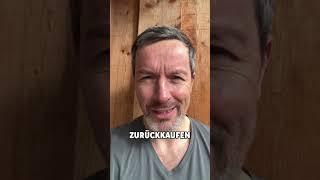

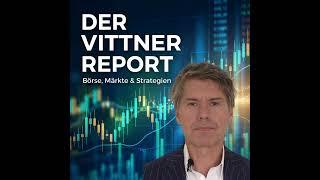
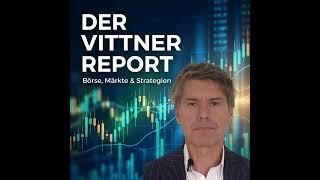
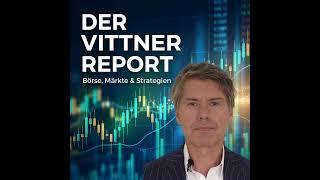
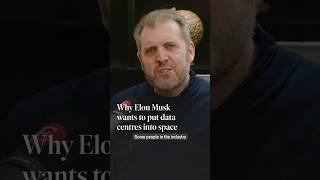







3 pings